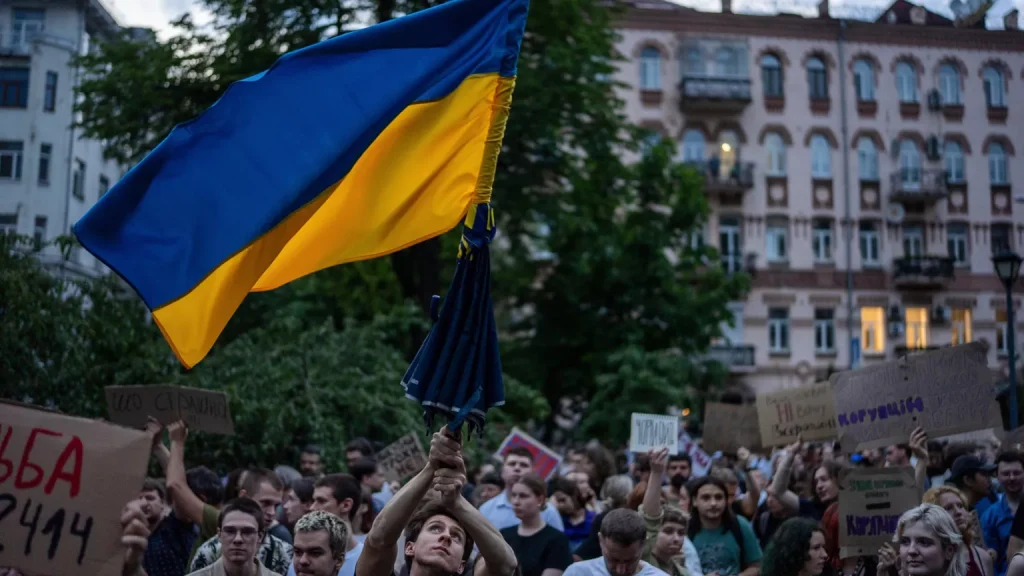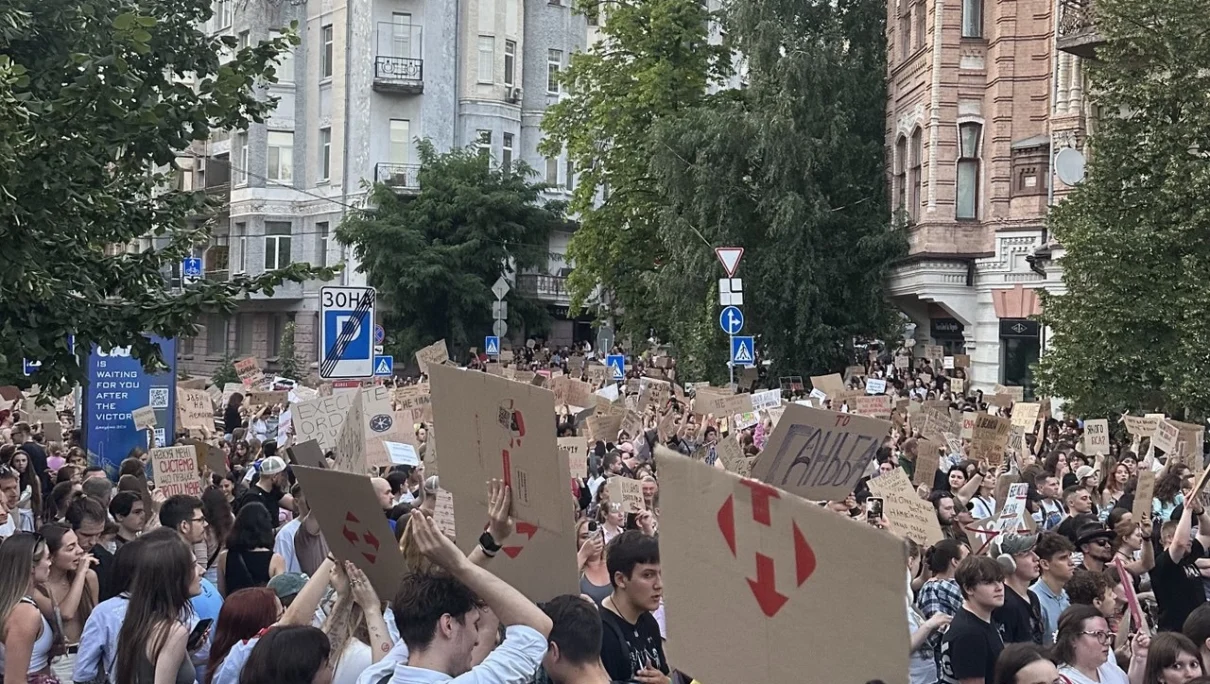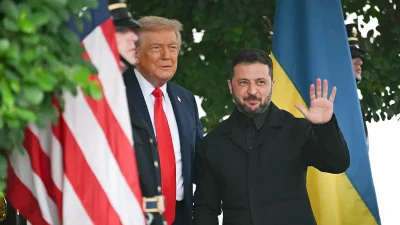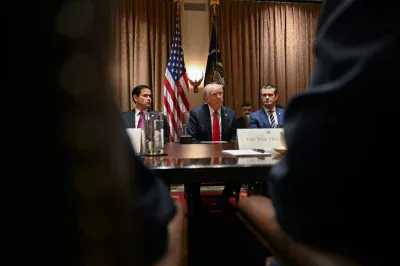By Dr. Mohammad Zahoor
While defending itself from Russian aggression on the battlefield, Ukraine is also fighting to preserve the democratic values that distinguish it from its enemy. In recent weeks, government decisions to limit the independence of key anti-corruption institutions—or even the suspicion of such intentions—have raised concerns both within Ukraine and abroad.
After a resolute response from Ukrainian civil society and persistent appeals from Western partners, President Volodymyr Zelensky pledged to restore the independence of Ukraine’s anti-corruption architecture. This is the right decision—not only politically, but also strategically. However, this episode is also a stark reminder: even during wartime, Ukraine cannot afford to retreat from the principles of transparency, accountability, and the rule of law.
This has never been a simple bureaucratic reshuffle. It is a matter of national security.
Weakening institutions such as NABU, SAPO, or NACP does not simply diminish oversight—it creates risks of diverting critical resources from the front. Corruption during war is not just a theory: every stolen hryvnia means one less drone, one less bulletproof vest, another day of delay in rebuilding destroyed homes and lives. Anti-corruption agencies are not a luxury in wartime—they are lifelines.

The international response has been unequivocal: reform is not an option, but a requirement.
Ukraine’s allies in the EU, G7, and IMF have demonstrated unprecedented generosity—but not blind loyalty. Their support has always been tied to democratic resilience and institutional progress. In the midst of a prolonged war, Kyiv cannot afford to jeopardize these lifelines. Delayed funding or the breakdown of agreements with the IMF will cost Ukraine not only money—but also trust.
The public’s reaction was immediate—and entirely justified.
Ukrainians have paid too high a price to accept even a hint of returning to the past. The memory of Maidan, the courage of whistleblowers, and the daily efforts of reformers all prove that society demands accountability, even in times of war. Protests and petitions are not obstacles to the war effort—they are an essential part of it.
And, as always, the only one who rejoiced at the weakening of these institutions was Vladimir Putin.
Any sign of democratic backsliding in Kyiv is immediately exploited by the Kremlin. It feeds Russian propaganda that claims Ukraine is no different—that democracy here is just a mask. When Ukraine stumbles, it only strengthens Putin’s resolve, not his willingness to negotiate.
President Zelensky now has a second chance—and he must seize it.

His decision to restore the independence of anti-corruption bodies is a victory for Ukrainian democracy. But this cannot be the end. If the system needs reform, those reforms must be concrete, transparent, and inclusive. The answer to individual weaknesses cannot be to dismantle the entire structure. What works must be strengthened; what does not must be fixed.
This moment must become a turning point—not just a pause in retreat.
Ukraine cannot afford to return to imitation reforms or backroom deals. The fight against corruption is not just a checkbox for donors. It is the foundation of the country Ukraine aspires to be.
This is not just about corruption. It is about dignity, trust, and identity. It is about proving—to soldiers on the front lines, citizens rebuilding their homes, and allies around the world—that Ukraine is not only worth defending, but capable of becoming what it has always aspired to be: a free, just, and democratic European state.
The war against Russia is a fight for sovereignty. The fight against corruption is a fight for dignity. Ukraine must win both.




